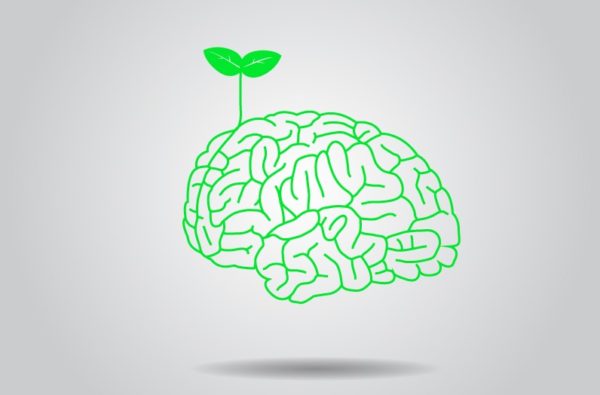Growth mindset holds that every learner has the potential to excel. How could it impact education?
Great teachers have long known what research is beginning to prove: an individual’s mindset — as much, or even more so than ability — can have a profound impact on their success in school and beyond.
But until recently, noncognitive skills like perseverance and self-motivation sat at the periphery of an education debate centered on the measurement of skills like reading and math. That is beginning to change.
Books on noncognitive skills pepper best-seller lists. Policymakers have taken note of a growing body of research that proves our abilities and intelligence can be developed. The recent revamp of the federal K-12 education law, for the first time, introduced terms like “well rounded” into the policy lexicon, opening the door to inclusion of non academic factors in accountability plans.
The basic concepts are easy to grasp. Try asking someone if they were good at math as a child. It’s interesting to hear how common it is for people to answer that question in finite terms — that they either have a mind for it or they don’t.
This perception of intellectual “haves” and “have nots” is one that Lang Chen, a postdoctoral fellow in cognitive psychology and neuroscience at Stanford University, recently tested. Working with children aged seven to nine he and other researchers used a survey to identify those who enjoyed challenging math problems and had a positive view towards the subject, and those who felt the opposite. After then giving them a set of problems to solve, they found that students who had a positive view outperformed the children who didn’t.
These children shared a trait which Professor Carol Dweck has termed “growth mindset:” a belief that their abilities are more like a muscle that can grow and flex, even if failure was met along the way.
Research shows that, when handled appropriately, even brief exposure to the concept of growth mindset can have a significant impact on the way students think about their ability to learn. However, like so much of education theory, the challenge for researchers isn’t just to identify ideas that work — but to put them into action effectively in every classroom in the world.
Making things work at scale is something technology is good at. A genuine partnership between academics and technologists, one where technology helps make research accessible for all, has the potential to make a large difference in how learning happens. And we’re already seeing it.
In a recent report, 96% of teachers in the U.S. said technology makes a significant impact in their classrooms. Together with greater high-speed internet coverage, this means teachers have an unprecedented ability to find tools and resources that work for their classrooms. Teachers who want the best for their students are able to choose tools and resources that fit for their classrooms.
Of course, turning research into practice is not easy. Dr. Dweck herself worries about the watering down of concepts like growth mindset. And, we believe technology on its own is not the answer. However, a world where a deep collaboration between technology and research can bring the best ideas in the world to the audiences most wanting them? We believe that is an exciting future indeed.
- TC- What student choice and agency actually looks like - November 15, 2016
- What student choice and agency actually looks like - November 14, 2016
- App of the Week: Science sensor meets your smartphone - November 14, 2016

